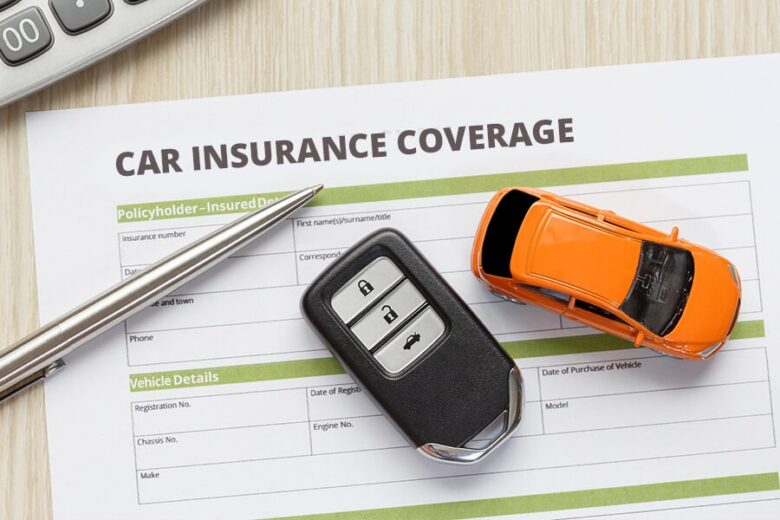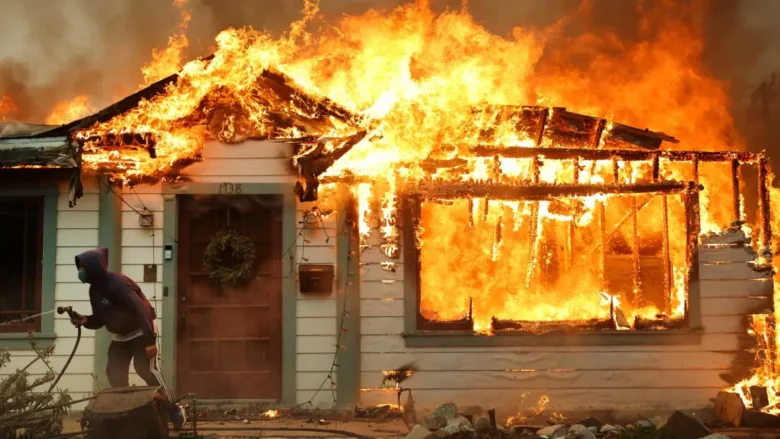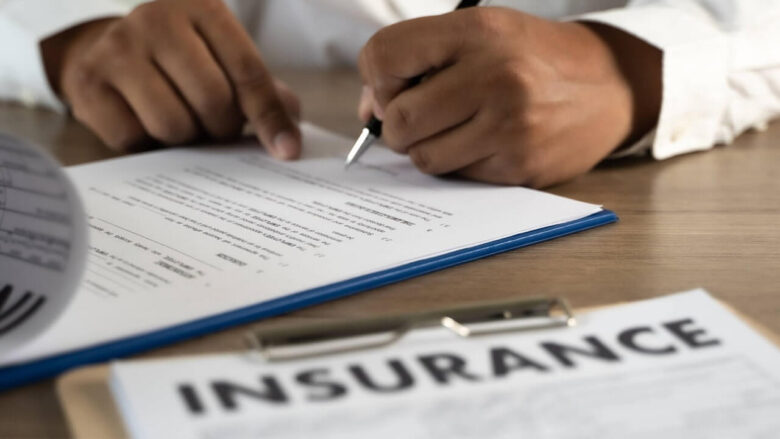After an accident occurs, it is vital that you contact your insurer as quickly as possible in order to receive assistance – this includes getting a rental car if required. Exchange contact and information with the other driver, such as their name, address, phone number, insurance provider and policy number (which should match with their …
Car insurance rates depend on a variety of factors that are out of your control. Discover what drives your premium and find ways to save money. Your state and ZIP code both play a role, as do statistics related to accidents, theft and extreme weather in your area. Other aspects are under your control such …
Car insurance protects against financial loss when an accident happens. Most states mandate car insurance as mandatory coverage; additional coverages can further enhance protection. Basic coverages include liability and comprehensive policies. Liability covers damage you cause to others while comprehensive provides protection from non-accident events like theft, natural disasters and animal contact; many policies also …
Car insurance is one of the cornerstones of vehicle ownership, providing protection from financial setbacks caused by accidents or any unexpected events. Insurance companies take many factors into account when calculating your premium, including your car’s make and model, driving history and credit score. Cost Car insurance costs can be an essential consideration for …
Numerous factors can have an effect on your car insurance rates, including location, age and driving record. But there are ways you can cut costs on premiums by making some simple changes. Example: Raising your deductible could help lower costs significantly; just make sure that you have enough financial reserves available to afford such an …
Fires are one of the most devastating disasters a property owner can face. Whether caused by electrical malfunctions, natural wildfires, or unfortunate accidents, fires can destroy everything in a matter of moments. This is where fire insurance can be a literal lifesaver—not just in terms of protection but also in financial recovery. This blog will …
Fire Insurance is a form of property coverage designed to cover damages to your home, other structures on your property and personal possessions caused by fire. Additionally, this policy also offers added living expenses such as food and hotel costs should your residence become uninhabitable due to fire. Home and landlord insurance provides invaluable protection …
Fire insurance provides property owners with a financial safety net to recover from disasters without depleting savings or maxing out credit lines, supporting business continuity and helping their family members rebuild their lives. Fire insurance policies typically require an annual premium payment based on an insured’s property value and risk level, to encourage compliance with …
Fire insurance provides both homeowners and businesses with many benefits. Among those benefits are financial support for repairs to homes or contents in the event of fire, as well as living expenses during repairs or rebuilds. Premiums vary based on factors like value, location, construction material used and occupancy status, as well as fire prevention …
Fire incidents can be one of the most catastrophic catastrophes to strike property owners, destroying assets and reputations while leaving irreparable damages in their wake. Fire insurance can provide essential protection, but how can you select an appropriate policy? That depends on analyzing your property value, comparing offers, and understanding policy terms. Coverage Fire insurance …









